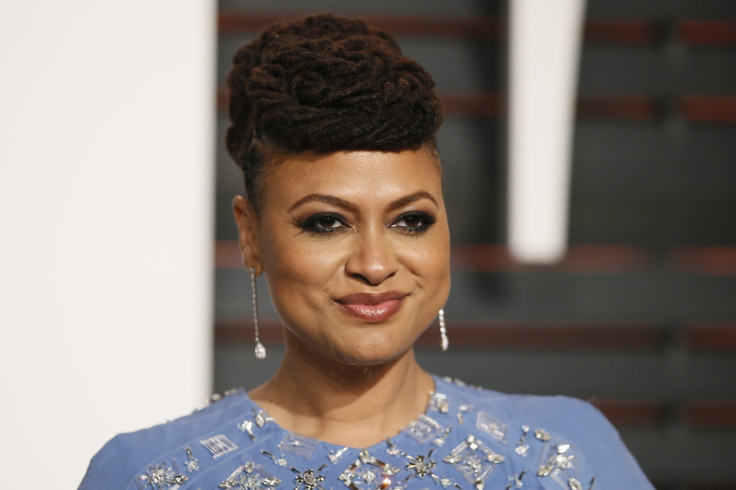Barbie Honors 'Selma' Director Ava DuVernay With Doll Out Just In Time For Christmas Shopping

Starting Monday, parents looking for an empowering Christmas present for their child may have a new option. A Barbie Doll made to look like “Selma” director Ava DuVernay goes on sale Monday as part of Barbie’s “Sheroes” toy line.
The company announced its special line of dolls aiming to inspire young girls last spring. The original plan, the Wrap reported, was for Barbie to make just one of each doll and auction them off for charity. But DuVernay’s fans pushed Mattel, the company behind the dolls, to mass-produce hers.
Tomorrow this #AvaBarbie goes on sale for Christmas because enough folks asked @Mattel to do so. Wild wonderful. https://t.co/louahFZwjQ
— Ava DuVernay (@AVAETC) December 6, 2015DuVernay, who was the first African American woman to direct a movie nominated for a Best Picture Oscar, said she would donate the proceeds from her dolls to ColorofChange.org, an African-American political advocacy group, and Witness, an organization that trains and supports people using video to advocate for human rights.
When Mattel announced its “Sheroes” line of dolls, it said the company had a responsibility to “honor and encourage powerful female role models,” according to Business Wire.
“Barbie has always represented that girls have choices, and this Spring we are proud to honor six Sheroes who through their trade and philanthropic efforts are an inspiration to girls,” Evelyn Mazzocco, Barbie’s general manager, said in April. “Started by a female entrepreneur and mother, this brand has a responsibility to continue to honor and encourage powerful female role models who are leaving a legacy for the next generation of glass ceiling breakers.”
All my proceeds from #AvaBarbie will be sent from @Mattel to @ColorOfChange @WitnessOrg. A fun way to support. xo! pic.twitter.com/O4Z5zl5els
— Ava DuVernay (@AVAETC) December 6, 2015The other Sheroes in Barbie’s lineup are actress and animal rights activist Emmy Rosum, Lucky magazine Editor-in-Chief Evan Chen, Broadway star Kristin Chenoweth, five-year-old fashion designer Sydney “Mayhem” Keiser and country artist Trisha Yearwood.
Barbie has a long history of people worrying about the impact its dolls have on girls’ self-perception and body image. There have been complaints that the proportions of Barbie dolls are unrealistic for regular women, and artists have made their own versions of Barbie dolls in the past that have what they say are more realistic looks.
A 2006 study found that “girls exposed to Barbie reported lower body esteem and greater desire for a thinner body shape than girls in the other exposure conditions.” And as the Washington Post pointed out, one Twitter user even questioned whether the DuVernay Barbie Doll was thinner than the real person.
Despite that history, though, DuVernay and her fans seem to be happy that the doll will be available for purchase. Barbie tweeted Sunday that it would tell fans Monday how they could order their very own dolls.
We’re so excited to share that the @AVAETC #Barbie doll will be available tomorrow! Check back here for more details on how to get your doll
— Barbie (@Barbie) December 7, 2015© Copyright IBTimes 2025. All rights reserved.






















